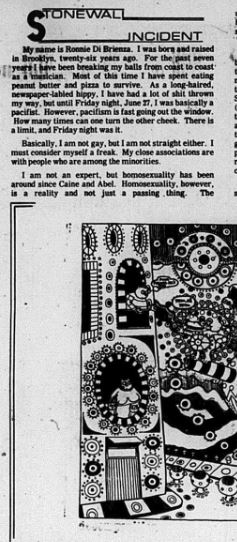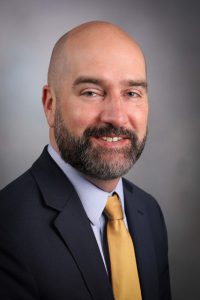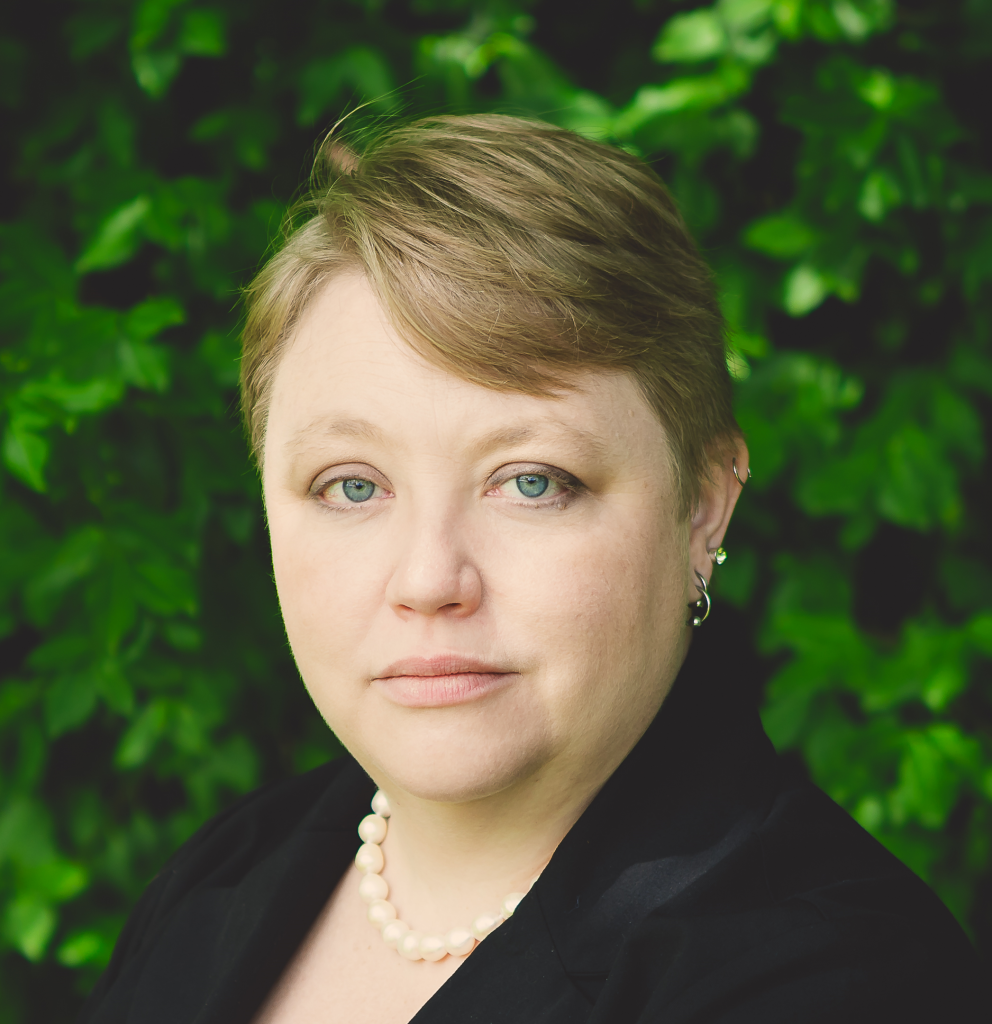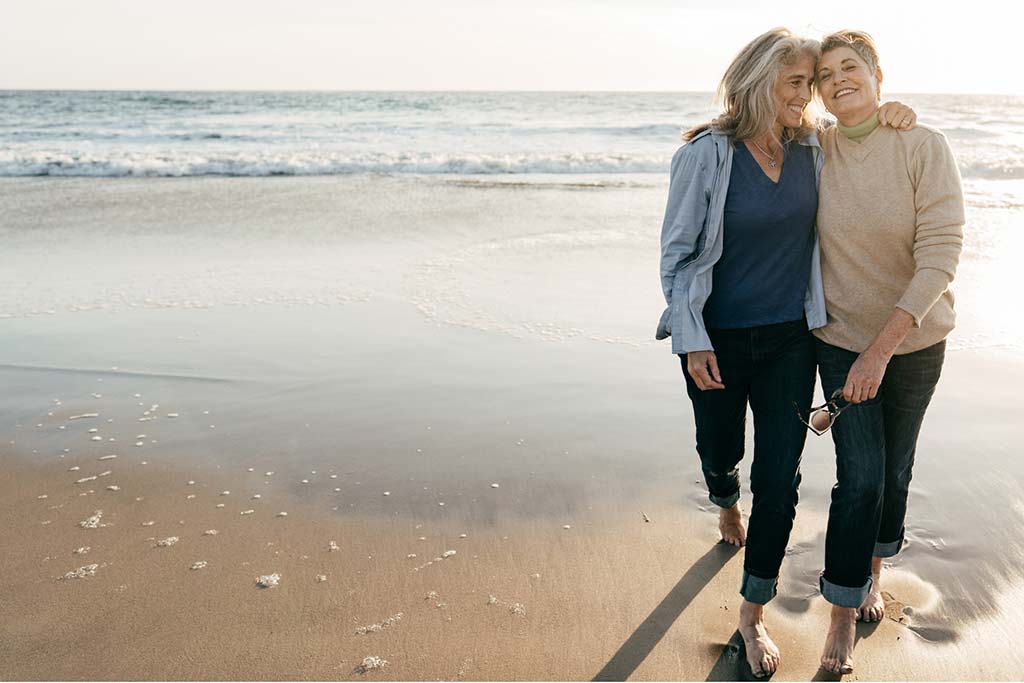By Cassie Brown, MSW, LCSW
PRIDE (noun):
1) a feeling of deep pleasure or satisfaction derived from one’s own achievements, the achievements of those with whom one is closely associated, or from qualities or possessions that are widely admired
2) consciousness of one’s own dignity.
June is Pride month. Throughout the country, there will be rainbow-bedecked parades, parties, and marches. There will be festivals and merchandising and chants and controversy. Pride is complex and complicated.
Some of you know the origin of the modern Pride is the Stonewall uprising at the Stonewall Inn bar in New York City, beginning June 28, 1969. You may know the first gay Pride began as resistance to police brutality.

Some of you have listened to podcasts like Making Gay History that interview some of the history makers like Sylvia Rivera who were present that hot summer night, when the respectable and the homeless, the butch, the Black, the Latine and transgender people present all said “No,” to being beaten up and arrested for “crimes” such as masquerading as the opposite gender or serving alcohol to “known homosexuals” (both illegal in New York at the time). The date of this riot was observed a year later as the Christopher Street Parade, and thereafter, as Pride Parades and festivals throughout the United States and the world.
But this is not the “happily ever after” of Pride. It is not the ending any more than it was the beginning. Find our struggles in the U.S. even earlier, with the Homophile Movement, the Compton Cafeteria Riot, the Indigenous identities that preceded the gender binary and heteronormativity brought by European colonizers, and so on.
While Pride is about accomplishments, Pride is also about dignity, and that is not a finished product. Pride is not a tidy ending to a tale, where we can dust our hands together and say, “Well, we’ve got that sorted out.” I wish it were so. I wish that we knew how to undo the kinds of active hate, simple ignorance, and passive bigotry that make the lives of folks in my community today undignified at best and dangerous at worst.
In my home state of Missouri this year, more anti-LGBTQIA2S+ bills were advanced than in any other year: at an astonishing 48 anti-LGBTQIA2S+ bills. This made Missouri second in the nation for hateful legislation. I spent my days in our Capitol testifying against so many of them: the two most powerful pieces of anti-trans legislation passed.
It was crushing.
But standing side by side with almost a thousand people on the lawn of our Capitol protesting for transgender rights reminded me that this fight is not over. Missouri Sen. Greg Razer spoke to the crowd and emphasized, “This is not over. They don’t know our history.”

Razer is a gay man. When I read this article, I recognized some of my story in his. We both come from Missouri towns with populations under 600 people. We both came out in the 1990s – a time when that meant seeing no one “like you” out and proud in your community.
I agree with Razer that to know the history of this community is to have pride. We have survived and accomplished so much. We have continued to recognize within ourselves the human dignity and the rights to life, liberty, and happiness while much of the world has sought only to oppress and harm us.
LGBTQIA2S+ folks are not the only or the primary community facing injustice in the United States today. And we live in intersectionality. Those of us living in multiple marginal identities suffer greatly.
But we do find ourselves being dehumanized and becoming a “wedge.” Take note: we aren’t an issue one can take exception to or a thing whose existence is up for debate. We are people.
This June, I ask you to take Pride to its basics: accomplishments and dignity.

Take the time to learn about this community, whether a part of it or an ally. I do encourage you, no matter your sexual orientation or gender identity, to spend some of this month researching LGBTQIA2S+ history. Read. Listen. Watch. Find the LGBTQIA2S+ people throughout human history: we have been there. And invest yourself in what we still need to accomplish!
This month, and every month, recognize and affirm that you are, in the words of the National Association of Social Workers (NASW) Code of Ethics, treating every LGBTQIA2S+ person (perhaps including yourself) “in a caring and respectful fashion, mindful of individual differences and cultural and ethnic diversity” (NASW, 2021).
And if you are part of my community– assert your dignity. I see you.
This is Pride, everyone! In the midst of so many struggles, we can and do have PRIDE.

Cassie E. Brown, MSW, LCSW (she/her/hers) is the executive director of the NASW Missouri Chapter. Her career has included direct social work services, in- and outpatient therapy, adjunct teaching, and program development and evaluation. She has been an in-demand speaker on topics such as self-care, compassion fatigue, LGBTQIA+ best practices, and the stigma of mental illness. She has worked in advocacy for the LGBTQIA+ community in Kentucky and Missouri at the micro, mezzo, and macro practice levels and serves as a member of the NASW DEI Committee. Cassie is a native of rural Missouri and is the first of her family to graduate college. She is passionate about underserved communities, intersectionality, and finding connections between people’s stories. In addition to social work, Cassie is a published author of poetry, essays, and short fiction and a tea aficionado.




